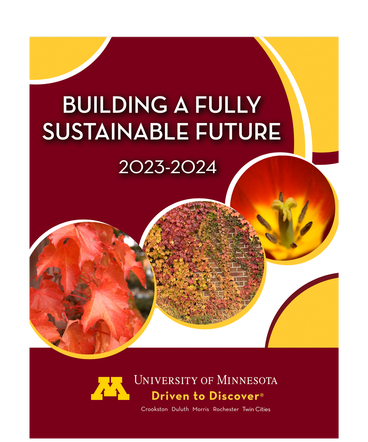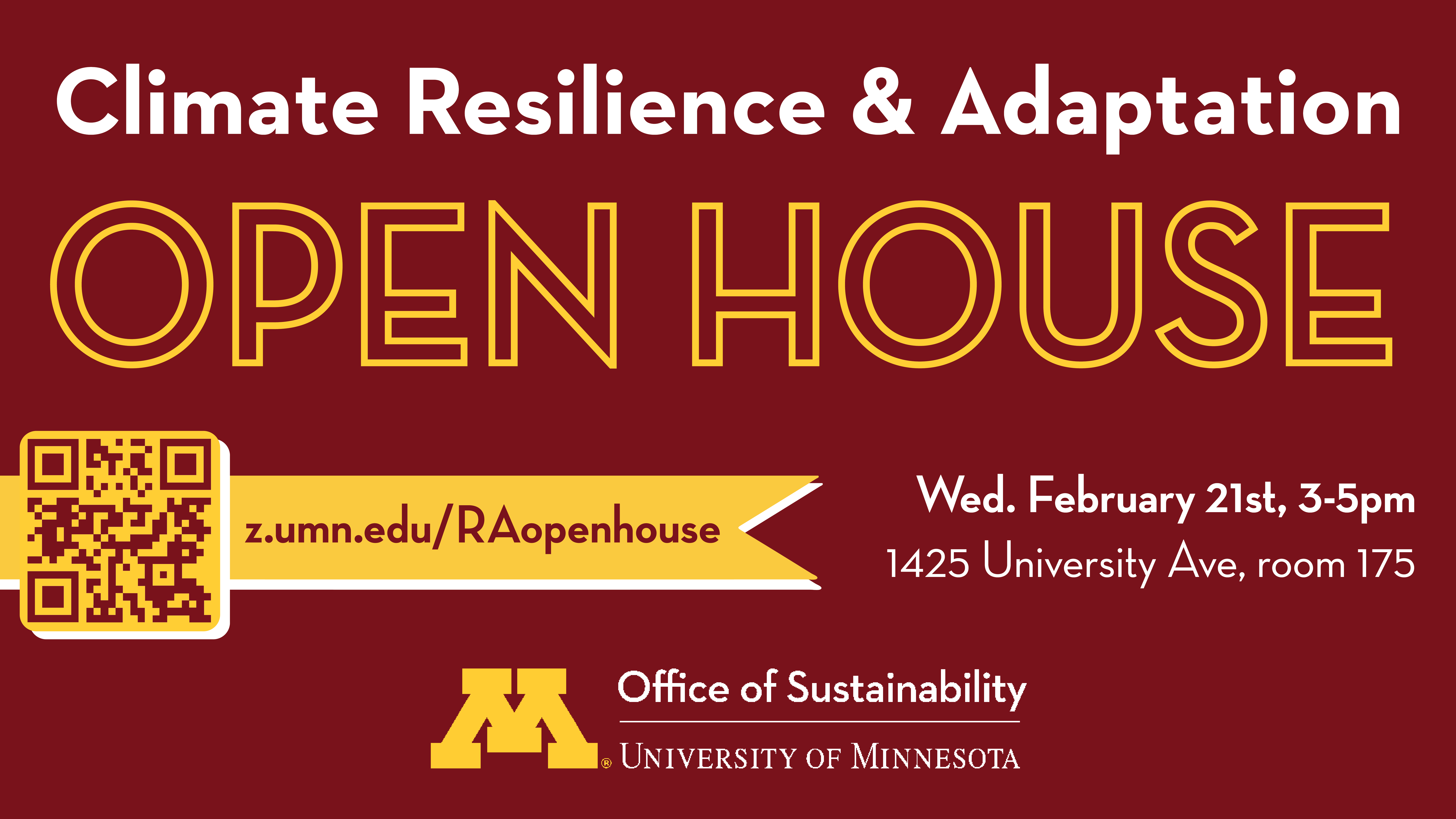Meatless Mondays is a global movement that encourages people to reduce meat in their diets for their health and health of the environment. Mondays can be used to take the first step in reducing your impacts on the environment and consumption of meat. Johns Hopkins University, and other institutions, have conducted research which tells us that shifting towards a more plant-based diet can help to reduce the global burden of preventable diseases while preserving limited land and water resources and slowing down climate change.
Why use Mondays?
Research shows that people are more open to trying healthier behaviors at the start of the week and use Mondays as a “reset” to get back on track. Additionally, people who get “back on track” at the beginning of the week are more likely to maintain that progress over time.
So, why do we really want to reduce our meat consumption?
Meatless Mondays, and reducing meat consumption as a whole, is not only better for your own health but for the health of the planet. Replacing meat, even only once a week, offers many health benefits and is an action that YOU can take to reduce your carbon footprint, fight back against climate change, and preserve environmental resources. The health benefits of consuming less red and processed meat and replacing them with plant-based foods are great:
- Improves heart health and reduces risk of heart disease
- Reduces risk of developing type 2 diabetes
- Helps to maintain a healthy weight
- Promotes kidney health
All of this while giving you all the protein you need in one day!
What kinds of plant-based foods should I be eating?
Vegetables, beans, soy, nuts, tofu, and “meat” alternatives, are all great options to choose from when deciding to reduce meat. The benefits for the environment are also very present in reducing greenhouse gas emissions that impact climate change, while reducing demand for environmental resources like land, water, and energy. The environmental impacts of producing and consuming meat are great:
- Production of livestock to be consumed creates more greenhouse gasses emissions than the entire transportation sector
- Production of livestock uses 75% of the Earth's agricultural lands, contributing to
- Deforestation
- Biodiversity loss
- Species extinction
- Producing 1 burger uses 425 gallons of water and is very energy intensive
With all of that being said, it is time to take action and reduce meat from your diet! Take these steps:
- Make meat your side dish instead of entree
- Experiment more with beans, lentils and plant based ‘’meat’’ alternatives
- Try to combine meat and plant based “meat” alternatives
- Make dishes like casseroles that use more veggies and less meat
Will I get enough proteins and nutrients when reducing meat consumption? Many people are worried that with cutting meat from their diets they will not get enough protein. However, research shows that protein deficiency is very rare even in fully-committed vegetarians. As long as you are:
- Eating enough calories to maintain a health weight
- Eating a variety of foods to get all essential amino acids
- Vegetables, beans, whole grains, fruits etc.
You will be getting all the required nutrients to survive and thrive!
Reducing your meat consumption, by even just one full day a week dedicated to being meatless, can and WILL reduce your impact on the environment!
Sources:
https://www.mondaycampaigns.org/meatless-monday/benefits
The Environmental Costs of Meat Production. (2019). Johns Hopkins Center for a Livable Future. https://clf.jhsph.edu/sites/default/files/2019-10/global-meatless-monday-environment_0.pdf2019.
https://clf.jhsph.edu/about-us/staff/becky-ramsing
https://clf.jhsph.edu/sites/default/files/2019-10/global-meatless-monday-climate_0.pdf
https://clf.jhsph.edu/projects/technical-and-scientific-resource-meatless-monday





